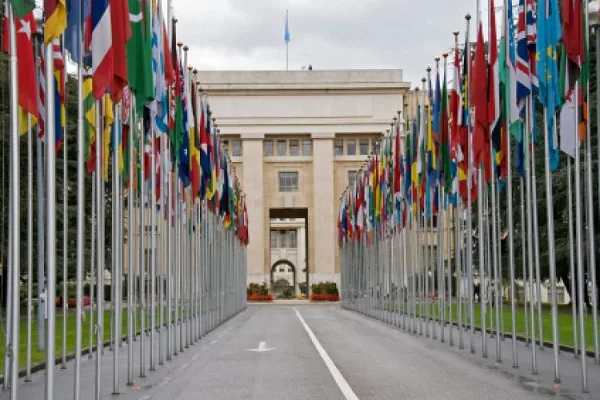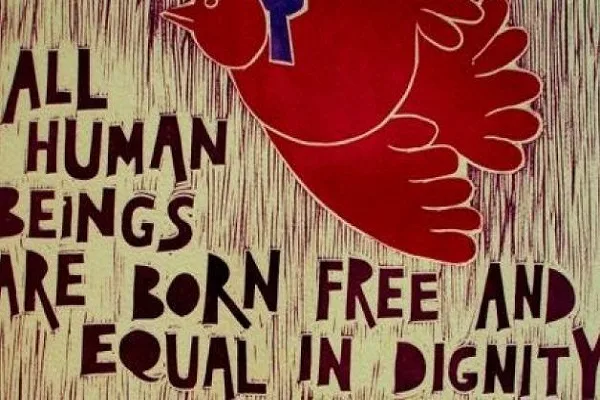Equality of citizens in society is a political principle and social ideal, fundamental value, but also an imperative, according to which citizens, in addition to having same social, political, civil, economic rights, need to have same opportunities for access to social goods and natural resources.
by: NATASA MALINKA MINOVSKA
In regards to the question “Are we all the same?”, the answer is of course: “No”. We are different on many grounds: gender, age, nationality, race, education degree, religion, social status… There is no end to the differences.
But what defines modern democratic societies are certain principles and values (immanent for all human beings) that apply to all, according to the principle of equality. The principle of equality in exercising human rights is a modern achievement of the international community.
In the history of the political thought, it can be noticed that the term equality was used for the first time in the United States Declaration of Independence of 1776 (where the position that all human beings are created equally, is stated as a self-evident truth), and later in the French Declaration of the Rights of Man and of the Citizens of 1789 (in which it is stated that people are free and equal in their rights).
The idea of equality follows the Universal Declaration of Human Rights of the United Nations of 1948, which is based on the presumption that “all human beings are born free and equal in dignity and rights. The adoption and proclamation of the Declaration marks the beginning of the implementation and internationalization of the principle of equality, which is further elevated to the highest level of human values.

Equality of citizens in a society is a political principle and social ideal, fundamental value, but also an imperative, according to which citizens, in addition to having same social, political, civil, economic rights, it is necessary for them to have same opportunities for access to social goods and natural resources.
Today, respect for the principle of equality in exercising human rights is not just a moral, but also a political and legal (supported by legal regulation) obligation of every democratic society.
Equality significantly impacts people’s sense of non-inferiority and non-marginalization. It supports and maintains human dignity, and enables people not to feel as second-class citizens or as citizens who are distanced from the community because of some feature of theirs. Instead of exclusion, equality enables inclusion in social life.
The unequal position and role in society creates a feeling of rejection in people, which sometimes results with extreme activities and behaviour. Inequality can prompt demonstration of force and violence that gains a chance of being tolerated within a society. As opposed to this, equality encourages people’s hope and faith in the functioning of the community.

Protection and exercising of human rights is one of the most complex and sensitive tasks within social communities. Real recognition of human rights exists if their realization according to the principle of equality, freedom, non-discrimination and tolerance is enabled.
The long history of the existence of various forms of subjugation indicates that the process of recognizing and protecting human rights and freedoms is not over. Tolerance is an integral part of democracy and it has to exist in all of its forms political, religious, national, sexual and many others.
Democratic societies are subject to continuous development through various processes, which presume strict respect for fundamental human rights, with prohibiting of discrimination on all grounds.
Links:
https://www.un.org/en/about-us/universal-declaration-of-human-rights
https://nsp-ie.org/igualdad-393
https://hr.wikipedia.org/wiki/Egalitarizam
https://filozofskitekstovi.wordpress.com/tag/jednakost/
https://sr.m.wikipedia.org/sr-el/
translation: N. Cvetkovska
 Македонски
Македонски Shqip
Shqip English
English







